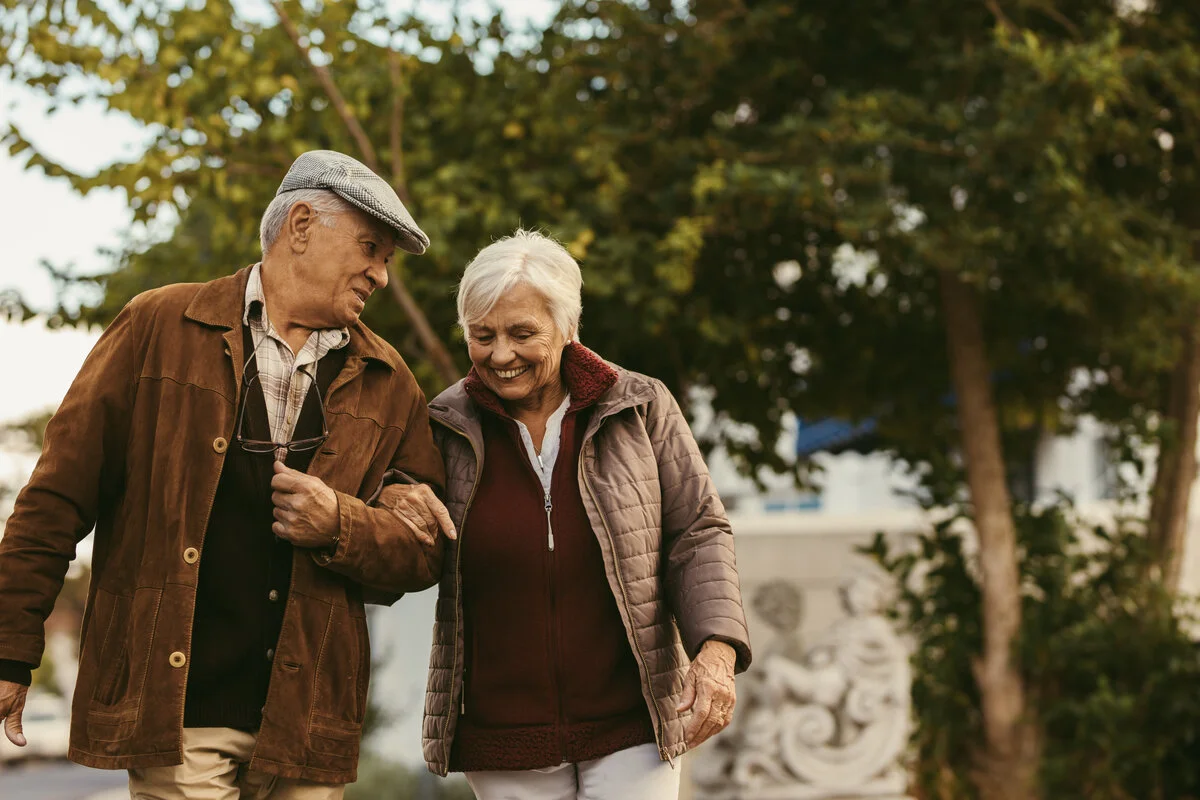A recent study found that things like avoiding obesity and access to quality healthcare were an essential part of living a longer and fuller life. As you start to get older, you will have to renew your focus on staying active. Sitting indoors can lead to things like weight gain and even depression. Rather than allowing your health to decline due to a lack of physical activity, you need to take charge.
The only way to fix your issues with inactivity is by making a game plan. With the help of health professionals and trusted friends/family members, you can make your golden years the best years of your life. If you are trying to make a plan for how to take control of your health, consider the great tips below.
A Healthy Diet is a Must
If you live alone, you know how hard it can be to find the motivation to cook a meal. Some seniors think the best way to avoid the work of cooking is by eating a steady diet of fast or processed foods. The longer you subject your body to these foods, the harder it will be to stay healthy. Processed foods can wreak havoc on vital organs like your heart, which is why you need to make better meal choices.
These meal choices should include healthy staples like lean proteins, leafy greens and whole grains. Preparing meals for a few days can help you avoid getting frustrated when having to cook on a daily basis. Investing in a few healthy cookbooks is also a great way to keep your meals fresh and delicious.
Get Outside and Exercise
As the frosty temperatures of winter start to move out of most areas, many people will start to spend more time outside. If you are getting little to no physical activity, you have to make some changes. Ignoring the need for this physical activity can put your health in jeopardy. This is why you need to get outside and start walking.
Walking is a low-impact form of exercise that provides your heart and body with a great workout. Investing in some comfortable shoes and clothing is crucial when trying to make the most out of your exercise time. Asking a friend to walk with you is also a good idea if you have a problem staying motivated to exercise.
Socializing is Important as You Age
Another important thing you need to consider when trying to take charge of your health is getting more socialization. As a person gets older, they will usually have fewer and fewer interactions with people. This lack of socialization can be bad for your mental health. Using the power of technology is a great way for seniors living in a COVID-19 world to get socialization. Social media websites and video chat software are great tools that can be used to connect with friends and family members.
We Can Help You With Tasks Around Your Home
Are you having a hard time performing tasks like meal prep or cleaning? If so, contact the team at Like Family Home Care for help.










